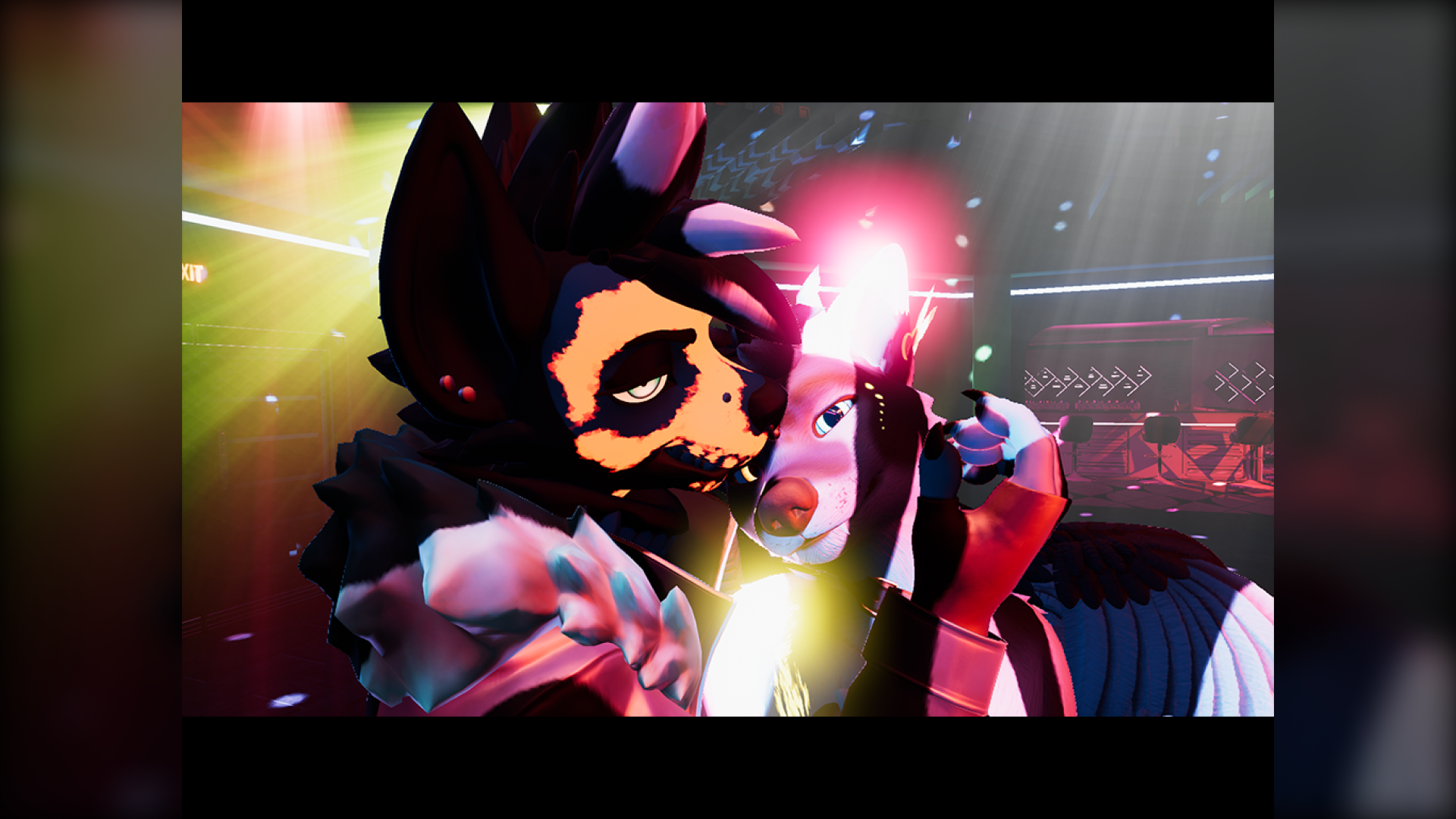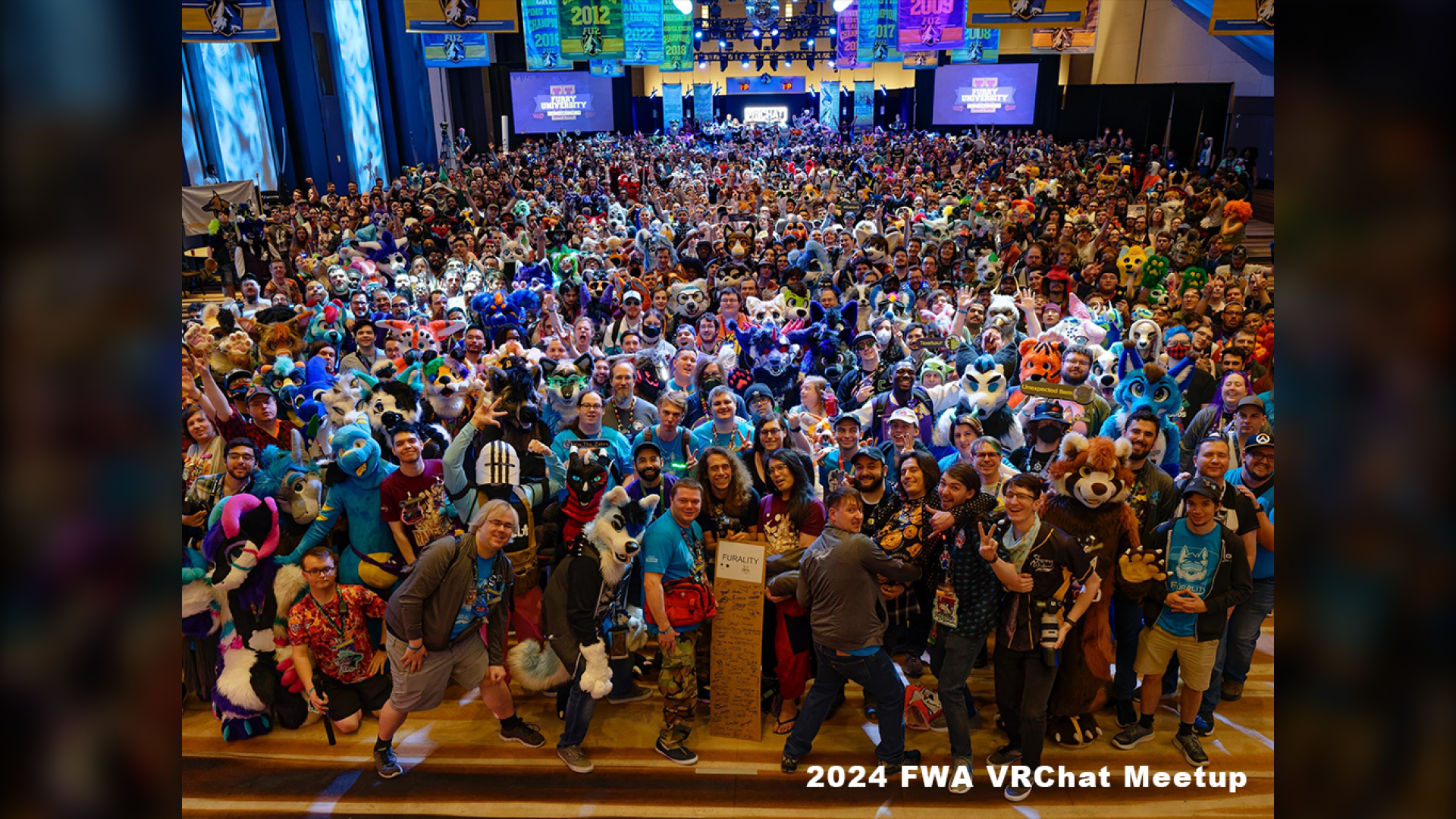Virtual Reality

For the last three years I've worked at VRChat, the leading immersive-social virtual world platform and part of a long tradition of virtual worlds dating back at least to the text-based virtual worlds of my adolescence.
It's worth pointing out that although I'm a fan of virtual worlds and spent several years at IBM working on Secondlife professionally, I started out as a VR critic and spent quite a bit of time trying to force the platform to do things that it shouldn't.
Even when teaching VR environment design I emphasized for students the need to ground their work in the real: the "before" and "after" of their virtual experiences.
In a world where we are faced with problems ranging from global warming to a "loneliness epidemic" the last thing I thought we needed was people decoupling further from reality.
What I (and others) discovered with a bit of help from a global pandemic was that this complex immersive technology amounts to an analog-turn: a reaffirmation that what really matters is relationships, and the network is made up of people.

There are many specific UI and UX complications involved in designing interfaces for VR, but by far the most interesting and complex issues arise from social considerations:
- How do you design a pro-social tool that respects gender and identity in a world that is also pseudo-anonymous?
- How do you facilitate trust in an environment where everything is performance?
- How do you find your people?
- How do economies work with fandoms vs "content?"
There Is Pain In the World But Not At This Con Co-presentation with Cade Diehm of the New Design Congress
PRX Keynote "The Web We Never Lost: Building a Future Worth Living In":
Before I joined VRChat I wrote this three-part essay on the relevance of Immersive Social VR for our era:



